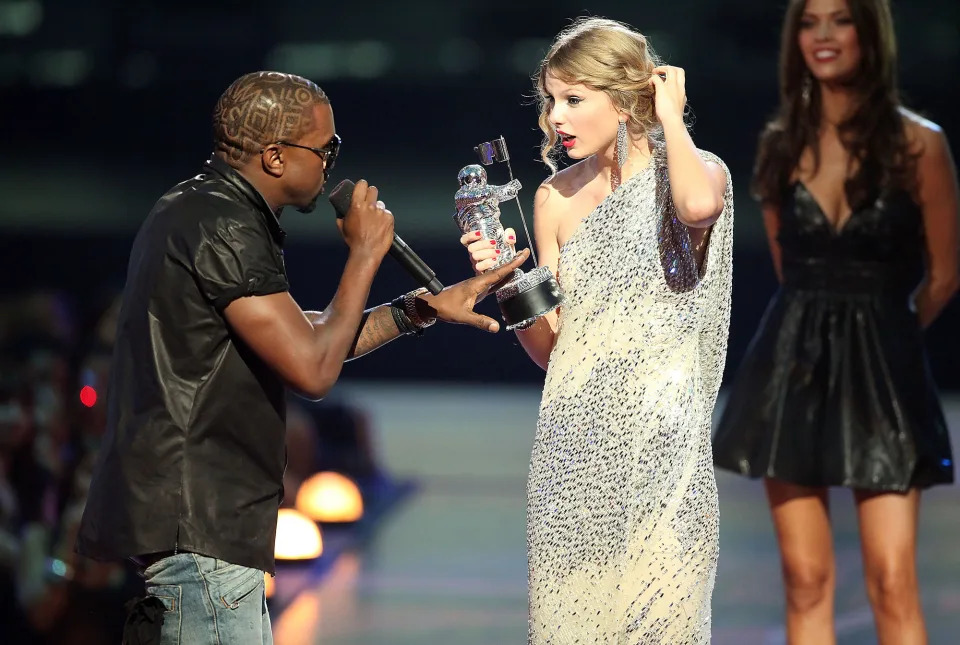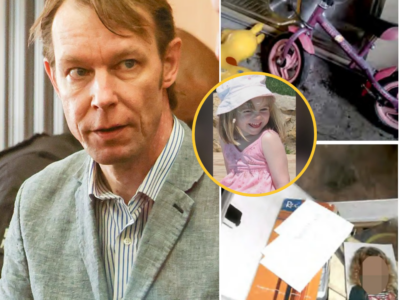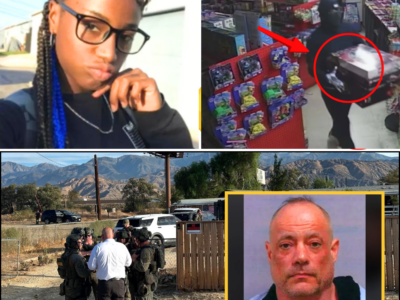Taylor Swift is known to hide a secret message in her songs — and “Cassandra” from The Tortured Poets Department seems to be no different.
When Swift, 34, dropped an extended version of her 11th album on Friday, April 19, listeners came away with a big question: Who is Cassandra? Many fans have deduced that the title could be a reference to Greek mythology. Cassandra, the daughter of Priam and Hecuba, displays the gift of prophecy. (Swift has self-identified as a “mastermind,” and some fans have referred to her as a witch or a sorcerer.)
Cassandra is cursed by the god Apollo so no one believes her prophecies and she’s seen as a liar, which is also very Swift-coded. Another major part of Cassandra’s myth states that snakes would whisper in her ears, allowing her to tell the future (if you know, you know).
“When the truth comes out, it’s quiet / So, they killed Cassandra first ’cause she feared the worst / And tried to tell the town,” read the lyrics of the song’s chorus. “So, they filled my cell with snakes, I regret to say / Do you believe me now?”
Since Swift dropped The Tortured Poets Department: The Anthology, fans have speculated who “Cassandra” could be about — with two pretty plausible theories coming out on top.
Keep scrolling for a complete breakdown:
Is Taylor Swift’s ‘Cassandra’ About Kim Kardashian and Kanye West?
Kanye West (L) jumps onstage after Taylor Swift (C) won the “Best Female Video” award during the 2009 MTV Video Music Awards at Radio City Music Hall on September 13, 2009 in New York City. Christopher Polk/Getty Images
Let’s take this back to 2016, a time before Reputation was released and Kanye West was name-dropping Swift in his song “Famous.” (“Me and Taylor still might have sex / I made that bitch famous.”)
West and Swift’s sordid history started at the 2009 VMAs when — well, who doesn’t know the story by now — the rapper jumped on stage and claimed Beyoncé deserved to win the award that Swift was in the middle of accepting. So, when “Famous” was released, Swift spoke out claiming that she never approved West’s lyrics, which went against what he had previously stated.
Kim Kardashian entered the chat to defend her then-husband, seemingly calling Swift a snake and releasing a phone call between the singer and West. The conversation appeared to show that Swift did, indeed, agree to being mentioned. Swift’s downfall in the public eye began and, much like Cassandra, no one believed her truth. (“In the streets, there’s a raging riot / When it’s ‘Burn the bitch,’ they’re shrieking,” she sings on the TTPD track.)
It appeared as though the drama had died down, but Swift and West’s full phone call was leaked in 2020 — and showed that Swift was telling the truth the entire time. “When the truth comes out, it’s quiet,” she sings on “Cassandra,” referencing how no one came to her defense after she was dragged years prior.
Is Taylor Swift’s ‘Cassandra’ About Scooter Braun?
Some fans have also speculated that the track is a reference to her dispute with Scooter Braun over her masters.
Unless you’ve been living under a rock, we’ve seen this film before. To briefly recap, Braun — a music manager — purchased the rights to Swift’s music from Big Machine Records’ Scott Borchetta for $300 million in June 2019. Swift left Big Machine for Republic Records one year prior and claimed that she had not been given the opportunity to buy back her own music before the sale. She later alleged that Braun bought her music for “nefarious reasons,” seemingly alluding to his connection with West (all roads lead back).
A lengthy back and forth ensued on social media, and Swift eventually announced her decision to rerecord her first six albums.
“So, they killed Cassandra first ’cause she feared the worst / And tried to tell the town / So, they set my life in flames, I regret to say / Do you believe me now?” Swift sings in the “Cassandra” chorus, which fans believe could be a reference to knowing something about Braun (and a possible connection to “Vigilante S—t” from Midnights).
While the theories have yet to be confirmed, many of Braun’s A-list clients — including Demi Lovato and Justin Bieber — dropped him within the past year.




